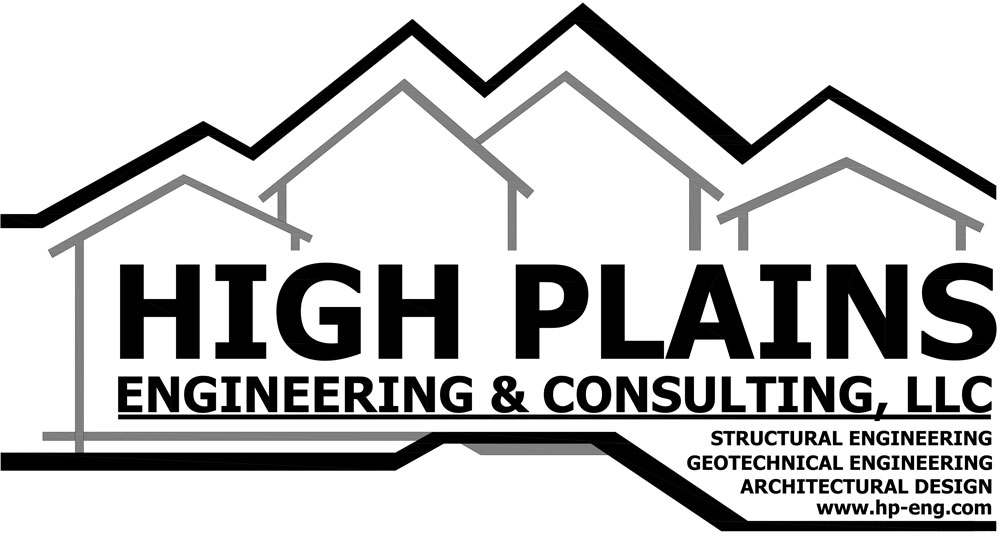Utilizing Homeowner’s insurance for Structural Issues
Insurance can be tricky. Many policies contain loopholes, technicalities and exceptions. If you’re not an insurance agent yourself, this can be downright disconcerting, but when it comes to your home, which is a big investment, it’s crucial to know what your homeowners insurance policy does and does not cover.
Will house insurance cover structural damage? That largely depends on several factors. Is there a benefit to purchasing builder’s risk insurance for homeowners? There could be depending on the policy.
In this article, we’ll shed some light on whether homeowners insurance will cover a home’s structural issues.
In the realm of homeowners insurance, what does the term structural issues mean?
This definition is important because it’s narrower than you might think. Structural issues refer to damage to the home’s foundation. There are several ways that your home’s foundation can become compromised, and the cause of the structural issues will likely determine whether your homeowners insurance will cover it.
Generally, does homeowners insurance cover issues with the foundation?
It depends on what the cause of the foundational problem is, but usually, the answer is no. You’ll need to check your specific policy though, as there are exceptions to this.
If the earth beneath your home’s foundation should shift, due to an earthquake or other geological phenomenon, you likely won’t be covered.
Flood protection is usually available as an add-on or its own separate policy for homeowners insurance as well. There are a few situations, though, where you could secure coverage, however.
Under what circumstances would my home’s structure be covered by homeowners insurance?
There are three main causes of home structural problems that are covered by homeowners insurance: unexpected incidents, labor accidents and weather events. An example of each will be provided below.
What constitutes an unexpected incident?
An unexpected incident is something that occurs within your home that you as the homeowner had no foreknowledge of and that wasn’t your fault. The default example is termite infestation.
If termites got into your home, ate through your walls and caused significant damage or a collapse, you’d likely be covered. This is because you had no way of knowing about the termites and their presence wasn’t your fault.
What’s a labor accident?
If you have a technician or contractor over to your home to perform some work and they make a catastrophic error, your insurance will cover that. Examples of this are an electrician cracking the ceiling or a construction worker inadvertently knocking down a wall.
What about a weather event?
For this, you’ll want to check your individual policy, as most homeowners insurance policies specify exactly what weather phenomena will be covered and what won’t be.
Floods and earthquakes aren’t typically covered, while snow and ice buildup causing a roof collapse usually will be.
If there’s a rainstorm, hurricane or tornado, you’ll likely have insurance coverage, but any negligence on your end may prevent your insurance claim from being accepted.
Call to schedule your civil engineering project today
So will house insurance cover structural damage? In some cases, yes; in others no. Regardless, you should contact your insurance company about builder’s risk insurance for you as the homeowner. Once you do, consider our civil engineers at High Plains Engineering & Consulting, LLC for your next project. We offer top-notch residential structural engineering services, and we’ve earned an A+ rating with the Better Business Bureau, so call today.
Categorised in: Home Foundations, Structural Engineer
